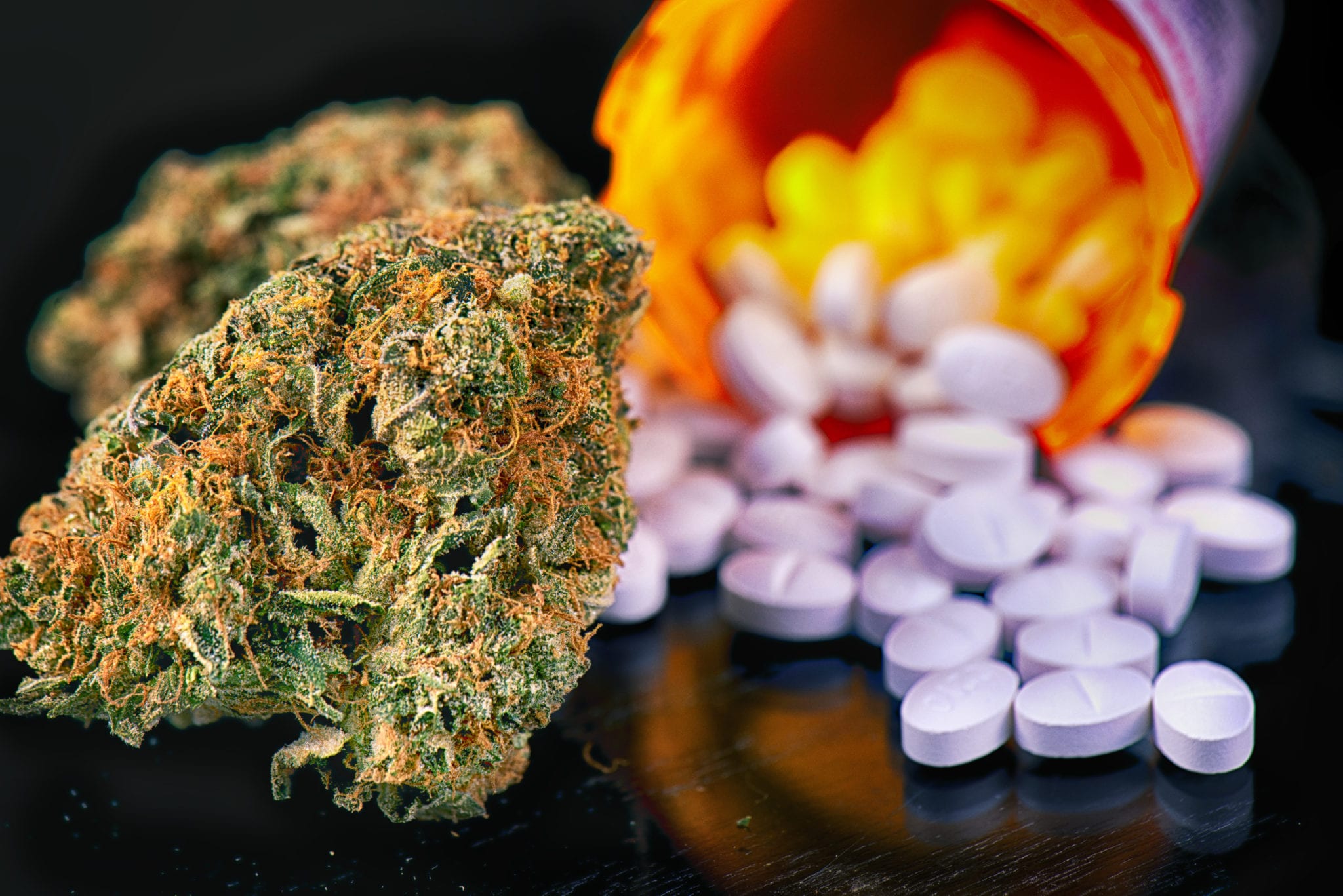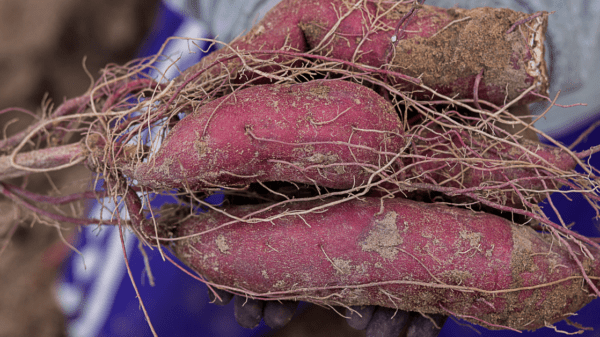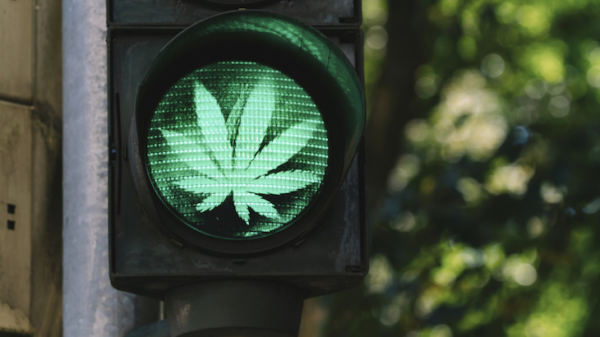A new study published this week contradicts previous findings that medical marijuana is an effective solution in preventing opioid-related deaths and the latest research suggests medical pot may actually be fueling the U.S. opioid crisis.
In 2014, a study found states that had legalized medical marijuana saw a decline in opioid overdoses and deaths over a period between 1999-2010. It also found a decrease in opioid prescriptions and the opioid mortality rate was trending lower over those years.
The study became a favorite talking point for medical cannabis activists. And U.S. lawmakers used it as a reference to change laws in favor of legalization. Meanwhile, similar research has come out to back up the 2014 study showing how therapeutic cannabis aided the dire effects of the opioid epidemic.
But in the new study, published in Proceedings of the National Academy of Sciences, researchers re-opened the file and looked at the data from 2010 to 2017 for states that have legalized medical marijuana. This time, using the same methods, they recorded an increase of 23 per cent in opioid deaths. Whereas in previous research, the death rate dropped 21 per cent in those states.
– Chelsea Shover, Stanford University School of Medicine, and lead author on the new study
Conflicting studies show more medical marijuana research is needed
The new research has prompted many questions. Why would two separate studies using the same methods produce drastically different results? Does medical marijuana harm or help those suffering from opioid addiction?
“If you believed the results of the first study, it’s hard to argue that you don’t believe the results of the second one, since the methods are the same,” Shover said.
But even if the new study will increase skepticism on the effectiveness of medical marijuana has with helping reduce the opioid crisis, Shover’s team suggested “research into the therapeutic potential of cannabis should continue.”
And one of researchers behind the 2014 study agrees. Chinazo Cunningham, a physician and professor at the Albert Einstein College of Medicine, suggested more analysis needed to be done:
Meanwhile, the questions presented by the latest study remain today.
Shover did note at the time of the first study, when data began in 2000, only 13 states had medical marijuana programs, and most of those were in western states, where the opioid crisis wasn’t as rampant. But when the second study was collecting data from 2017, the number of states with medical marijuana laws rose to 47, while the opioid epidemic spread across the entire country.
Further, the nature of the opioid crisis shifted with opioid prescriptions causing most deaths to heroin and fentanyl, a more lethal, potent opioid.
It becomes more clear then, not only did the second study collect data from a larger sample size with more states legalizing or relaxing laws on medical pot, but the nature of the opioid epidemic intensified since the first study.
Shover and the authors of the new study also said overall medical marijuana use is still low at 2.5 per cent of the U.S. population and there hasn’t been enough data collected on how medical pot directly effects opioid usage. In fact, in Colorado, a state where medical marijuana has been legal since 2000, lawmakers just started allowing it to be used in lieu of prescription opioids last month. And the state will be following closely the results, which should also help bring some more clarity on the issue.
And to make things even more confusing, earlier this month a different study revealed that people who suffer from heroin addiction saw a decline in cravings and anxiety when taking CBD.
Overall, as with most issues surrounding the medical efficacy of using cannabis, more research is needed to arm the public, lawmakers and medical professionals in making safer and wiser decisions and help save lives with those suffering the most–including those hit hardest by the opioid epidemic.














